Ever wondered how to efficiently automate data extraction to save time, money, end mitigate legal issues? Just read our detailed post to find out, what approach is better for your tasks.
What is Web Scraping?
Web scraping is a code-based technique of automating data retrieval from publicly available web pages. It includes such steps as requests to web pages, download of HTML content, content extraction, parsing and saving in JSON, HTML, PDF or other formats.
Python is the most popular language for web scraping tasks that are simplified due to a wide range of Python libraries and frameworks, including Scrapy, BeautifulSoup and many more.
What is an API?
API (Application Programming Interface) is a set of rules and protocols developed to enable on-demand data exchange between 2 software components, such as applications or servers.
Many popular platforms with multi-million user audience provide official APIs to their websites to simplify and standardize access to their content thus ensuring compliance with data protection laws. For example, OpenWeatherMap provides access to weather data via API, while LinkedIn uses API to enable access to job postings.
How Does API Scraping Work?
API scraping means data collection carried out via official APIs. Such APIs enable streamlined data access based on directly requesting the endpoints that return structured data in JSON or XML formats.
A standard workflow of data retrieval with API can be split into three steps:
- Obtaining an API key. Users often acquire subscriptions, but in some cases you can find free access to an API key.
- Sending requests to the API. To send requests with your key, you’ll need an HTTP client that makes authenticated requests to the API. The latter provides data in the structured format, such as JSON.
- Storing the obtained content. You can process the obtained data, if needed, and then save and store them in the database or export to another system or application for further use.
Get 20% off the original price with our special coupon!
BCR20
Key Differences between Web Scraping and APIs
Key dissimilarities between web scraping and APIs refer mostly to retrieval peculiarities and restrictions:
| Web Scraping | API |
| Collects specific information from one or multiple target websites and delivers it into a specific file format | Provides smooth access to data of a certain website, application, or system, but the scope of available data is determined by the API provider |
| A flexible way to retrieve content of any website | Direct access to content of a website or application featuring an API |
| Access restrictions: publicly available data | Access restrictions: at the discretion of an API provider |
| Requires elaborate data cleaning during parsing | Provides data in a machine-readable format |
| Data retrieval is slower | Data retrieval is faster |
Pros and Cons of Web Scraping
Pros:
- You have 100% control over the process and customizable options
- As a method of data collection automation, web scraping saves a lot of time for users
- You bear expenses only on web scraper development and maintenance
- An automated process reduces human errors
- Web scrapers support sophisticated use cases and retrieve data from dynamic content
- They can handle diverse data sources, run according to the schedule and cope with large-scale projects
Cons of web scraping:
- Technical difficulties, such as changeable structure of target websites, bypassing anti-bot / scraping measures, IP bans and elaborate data cleaning
- Ongoing development and maintenance efforts
- Legal issues related with copyright infringement and violations of data regulations
- Investment in infrastructure and maintenance that can sometimes turn out costly
- Performance downgrade in large-scale resource-demanding projects
Pros and Cons of APIs
API advantages
- No time expenditure development and maintenance, since API is intended to efficiently collect data without much of your efforts
- Easy-to-use
- Legal compliance and mitigated legal risks
- With APIs, proxies, anti-bot measures and CAPTCHAs are not your headache anymore
- Its infrastructure is easily scalable
Cons:
- You have to put up with limited customizable options
- As API no-owner, you face total dependence on an API provider
- API providers usually introduce restrictions in rate and scope of requests, which is a barrier to deploying large-scale projects
- Regular expenses on API subscription
Technical Complexity and Data Access: Web Scraping vs APIs
As data extraction approaches, both web scraping and APIs have technical pros and cons. We summarized their main features in a short table and detailed on them below:
| Web Scraping | APIs |
| — Intensive handling of unstructured HTML | + Straightforward retrieval of data in structured formats |
| — Challenges bypassing anti-bot systems | — Authentication and authorization difficulties |
| — Deep IT expertise required to create ad maintain web scraping tools | — Data availability restrictions |
| — Difficulties retrieving dynamic content | — Multiple requests or use of complex query parameters because of specific API structure |
| + Ultimate flexibility to choose the retrieved content, parse it and set the retrieval frequency | — Data volume restrictions through rate limits and quotas |
Paradoxical as it is, both approaches are distinguished with some considerable advantages bedecked with a bunch of off-sized disadvantages.
Technical aspects of web scraping:
- The best thing about web scraping features ultimate flexibility: you create your own script, and, naturally, you tailor it to meet your own needs, whether it deals with a target website, content type and type parameters, retrieval frequency and the format to save the extracted data.
- Since you create your own web scraping tool, it takes a lot of coding expertise to develop it properly. For this, you have to be good at HTML structure and parsing logic. Worse still, it takes a lot of time and efforts to maintain your web scraping solution and keep it up and running. Many web scrapers require frequent updates to keep pace with modifications of the target website, which makes scraper maintenance really labor-intensive.
- Platform with millions of users realize that they are targets for bot and scraping activities, and to combat these, they implement anti-bot systems that make it difficult for web scraping tools to access the platform content. Thus, if you are involved in web scraping, get ready to bypass strict anti-bot measures, such as CAPTCHAs, machine learning algorithms that detect scraping scripts, bot blockers and so on. To bypass such systems, you should know how to handle proxies and headless browsers;
- Ever more websites migrate to dynamic content. JavaScript used by websites to load content dynamically, aggravates difficulties of web scraping. You’ll need sophisticated technical methods, use of headless browsers among them, to extract such content correctly.
API peculiarities:
- The core advantage of data retrieval with APIs is that they deliver data straightforwardly via HTTP requests in a structured format, such as JSON and XML. That’s why you can use obtained data right away without spending hours on data cleaning.
- In contrast to web scraping that mostly consists of “hand-made” tools, APIs support user-friendly integration patterns described in their clear documentation. So, API-based data retrieval is available to developers of all skill grades.
- Most APIs support authentication with API keys or OAuth tokens, increasing the complexity of API access management;
- API providers often restrict the scope and type of available content as explained by privacy concerns, technical bottlenecks or corporate business policies;
- Not all APIs can be smoothly utilized for large-scale data projects, as they often introduce rate quotas liming the scope of data access with a specified time interval;
- Depending on API structures, users sometimes have to submit multiple requests or use complex query parameters in order to obtain required content. This lowers data retrieval efficiency.
Customizability: Web Scraping vs APIs
To put if briefly, your own web scraping tools are of course much more customizable than ready-to-use APIs. We’ve summarized customizability features of both options in the table below:
| Web Scraping | API |
| As a web scraper developer, you fully control the content retrieval process | You don’t need advanced coding skills to adapt or integrate an API, but the price you pay for that is limited customization capabilities. |
| Web scraping:Extracts required data from a webpageExports retrieved data to any data formatAdaptable to various resources featuring varied structures | APIs provide:Structured queries allowing to specify concise data requirementsConsistent data format to enable smooth content integration in appsAdjustable parameters, including filters, sorting and pagination |
| With wider customization capabilities, you need stronger technical skills, though it’s challenging to achieve high accuracy of extracted content. | With customization restrictions, you can’t add any data types not supported by the API or access data that the API provider has decided not to avail to API users |
Data Ownership: Web Scraping vs APIs
Quite possible, data ownership is one of pivotal questions in comparing web scraping and API.
API. Since an API provider establishes API terms of use, it ensures compliance with laws and regulations that govern content use. Besides, in its license conditions it clear state what’s allowed and prohibited with extracted data. Another advantage that can make a difference for certain users is that, finally, an API provider is held liable for the data it provides, their legal character and accuracy.
The reverse of the medal is that, basically, you don’t own these data. If an API provider introduces restrictions regarding their scope or allowed use, the only alternative for a user is either to agree to the conditions or to refuse to use this very API. A user can’t impact content accuracy and relevancy. Besides, an API provider can limit or abandon user’s access to the content at any time.
Web scraping. In case of web scraping, you hold the ownership of the collected content. That means that you are free from API restrictions and can handle this content independently. Another advantage is that with web scraping, you can access any publicly available data that, in some cases, are not offered by APIs. But this data ownership comes together with responsibility, legal risks and ambiguous terms of data use.
Dependency: Web Scraping vs APIs
In both web scraping and APIs, dependency turns on data sources and their policies, stability and structure.
APIs usually rely on trusted and stable data sources provided by incorporated companies. So, it’s commonly believed that with dependency on reliable data sources, APIs deliver accurate and consistent data flows.
This actually implies that API users depend on the provider’s terms of service, availability and modifications they occasionally make to their API. This dependency also returns us to the risk of drastic API changes, which will adversely affect operations of the applications that relied on these APIs.
In web scraping, you don’t depend on any specific API, that’s why you gain better flexibility and wide choice of data sources. You can scrape any public data — it allows you to collect the data you need, including content that is not delivered via APIs.
Sounds like web scrapers give you ultimate liberty of action, but in real-life scenarios they depend greatly on the structure of the target website. If its structure is modified, this can seriously impact the entire web scraping process you developed so thoroughly.
Cost: Web Scraping vs APIs
The structure of expenses on web scraping and APIs is different.
If you use web scraping, major part of expenses refers to the initial stage of software development and testing, while you don’t pay anything to access data, as the content is publicly available. On the contrary, with APIs, your spending shifts from development to subscription fees and payment for data access. APIs usually have tiered pricing plans based on the number of calls with the specified period.
| Major Costs | Web Scraping | API |
| Software development | ✔ | ✖ |
| Maintenance | ✔ | ✖ |
| License or subscription fees | ✖ | ✔ |
| Data access | ✖ | ✔ |
| Costs arising out of legal risks | ✔ | ✖ |
This smoothly leads us to understanding that the scale of the project is the main factor that will ultimately determine its cost. If you deploy a small project, then a predictable pricing plan offered by API providers for a set volume of data turned out more cost-efficient. This is also true, if you need to collect data occasionally, and it’s no use to develop your own web scraper for this purpose.
On the other hand, if you plan a large-scale project with vast volumes of scraped data, APIs pricing can be higher than your own web scraper. Still, not to make a mistake, you should thoroughly compare costs on API fees vs. web scraper operational and maintenance costs.
Availability: Web Scraping vs APIs
Peculiarities of web scraping vs. APIs availability arise out of the nature of either solution.
The bottleneck of APIs is that not every website has an API to allow access to its content, in the first place. Most small or medium-sized websites just don’t deliver their data via APIs. Only large websites offers APIs to handle their content. However, if an API is available, and you are satisfied with its pricing and conditions, you get consistent stable access to data in a controlled environment.
With web scrapers, you can access public content of virtually any website. But the weak point of their availability is that this access can be disrupted in case of any changes in the website structure.
Legal and Ethical Concerns: Web Scraping vs APIs
If legal compliance is your top priority, then APIs are certainly a more suitable solution for you.
APIs comply with licensing conditions and terms of use established by the API provider. It means that the data collected this way do not violate personal data protection regulations. More over, ownership and allowed use cases for these data are clearly defined in user documents, while it is an API provider, who is responsible for data validity.
Legal framework of web scraping is not so clear.
Though it’s usually legal to scrape publicly available data, it’s recommended to study personal data protection laws of your country of residence and specific rules of the target website. If they are violated, users of web scraping tools can face legal and ethical risks. Such risks come to the forefront when scraping personal or confidential user information without user’s consent. And if web scraping process has affected performance of the target website, website operators can even sue you in court.
Web Scraping API: What is it and How Does it Work?
Where there’s demand, there’s supply. Since users want to have the best of both worlds, a web scraping API has been invented to satisfy this requirement.
A web scraping API features benefits of both web scraping and APIs, such as:
- efficiently bypassing anti-bot measures with such advanced techniques as IP rotation and CAPTCHA solving;
- scraping websites via API calls;
- retrieving different kinds of content;
- supporting high speed and stability;
- parsing the retrieved content into structured data;
- ensuring legal compliance
Some scraper APIs support such features as concurrent requests, geo targeting and automatic parsing. Due to all their advantages, web scraping APIs allow users to do without the complexities of creating and maintaining their own tools, while accessing data they need.
With these features combined, web scraping API is seen as a perfect solution for data analysts, marketing experts and other professionals, who work with consistent data flows and need reliable and scalable access to data in question.
Use Cases for Web Scraping and APIs
Use cases, in which web scraping is preferable:
- data retrieval from websites that don’t support public APIs
- projects with flexible, highly customizable data extraction
- small or medium data collection projects
Use cases, in which API is recommended:
- data retrieval from websites that have public APIs
- projects that don’t imply investments in web scraping infrastructure, updates and maintenance
- projects with data retrieval from online retailers and other websites with advanced security measures
Web Scraping vs API: Which is Best for Your Needs?
When deciding, whether to prefer web scraping or API for your project, it makes sense to consider such aspects as budget constraints, investment distribution in time, technical skills, data cleaning, or project scale.
For example:
- If you are pressed for time, consider an API for the project as in this case you don’t have to develop your own tools;
- If you need highly flexible, customizable data retrieval and you have technical skills to deploy such project, then web scraping fits your goals better;
- If the target online resources don’t allow access via API, go ahead with web scraping;
- If, quite the opposite, the target website supports an API, and you need structured data that don’t require much preprocessing before further use, choose an API for your project.
Conclusion
Today, users have a range of data extraction tools to choose from depending on their technical enterprise, budget and investment constraints, retrieved data type and other considerations. Just compare all your requirements with possibilities of the existing methods and choose the tools that will help you successfully implement your plans.
Frequently Asked Questions
Please read our Documentation if you have questions that are not listed below.
-
What large websites offer public APIs?
Most IT giants offer APIs for developers, For example, you can find Android Management API, Blogger API and Merchant API by Google; Bing Web Search API by Microsoft, and Amazon Selling Partner AP by Amazon.
-
Are there any ready-to-use web scrapers?
Sure, you can choose from a wide variety of ready-to-use tools and online services.
-
Do you need proxies for data extraction with APIs and web scraping?
Proxies are often required for web scraping, but an API provider takes care of all nuances of data access.
Top 5 posts
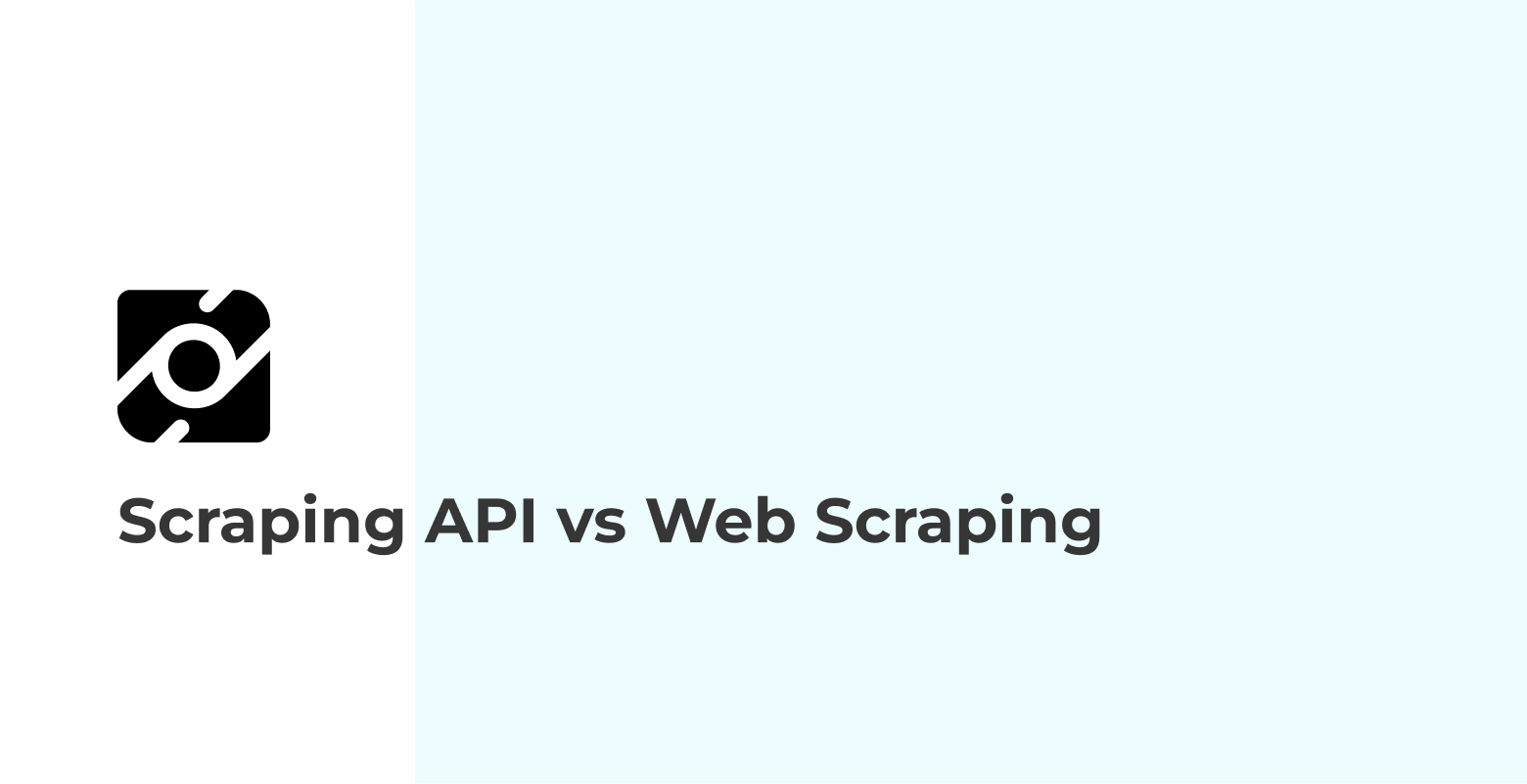

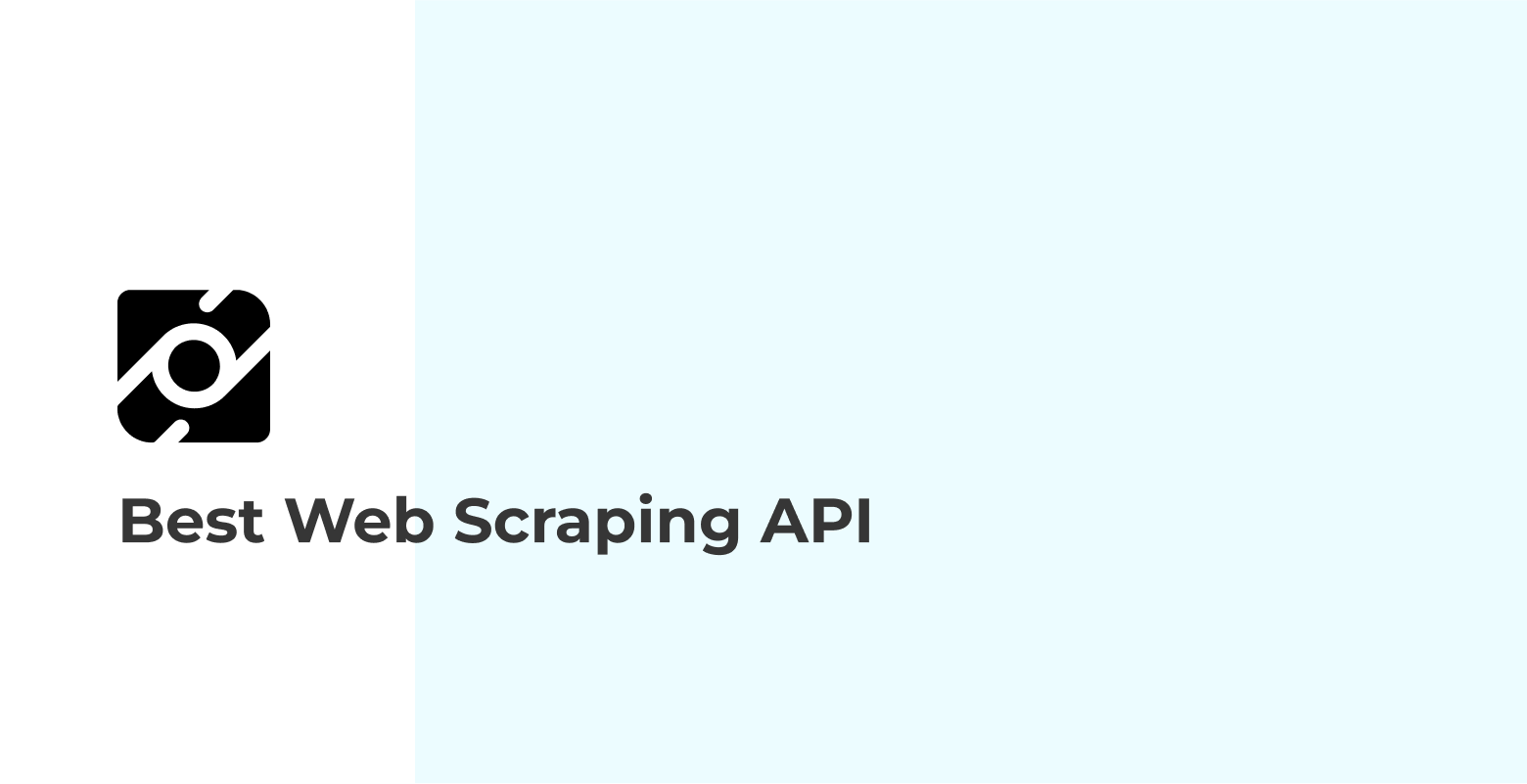

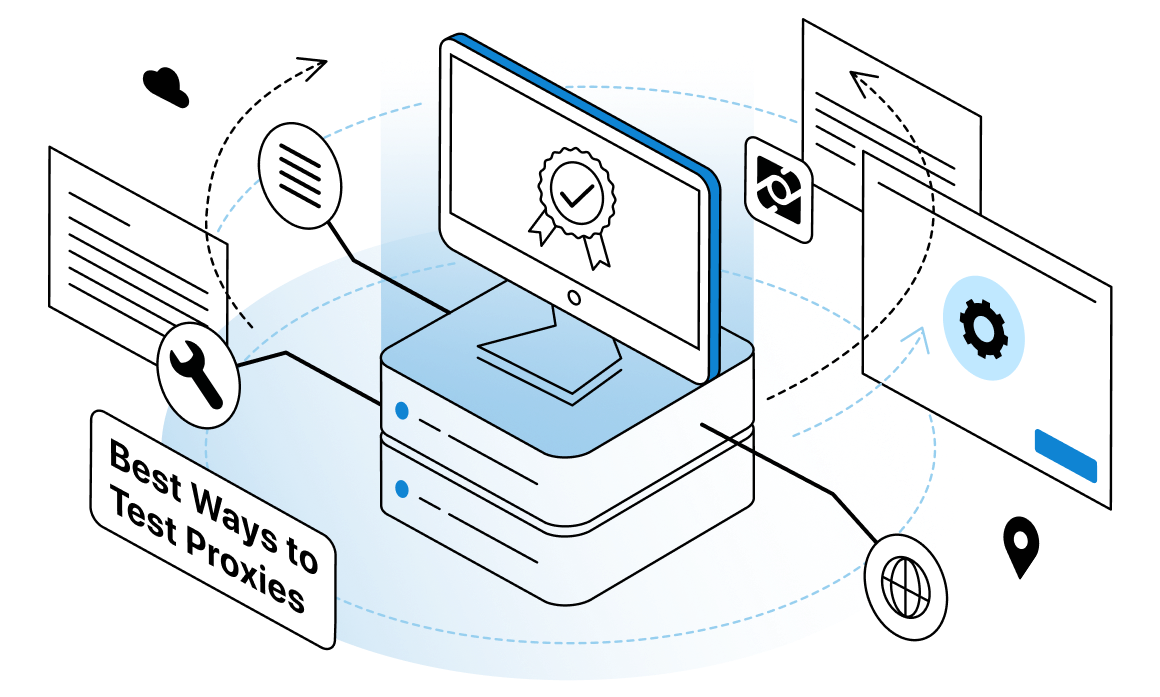

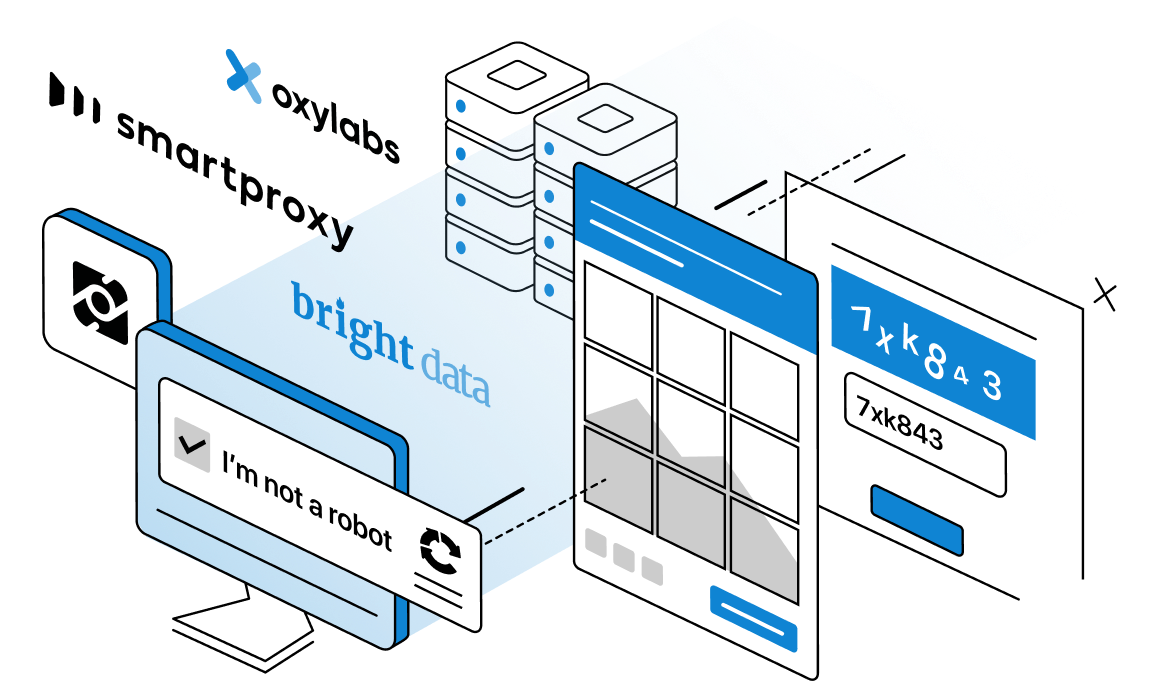
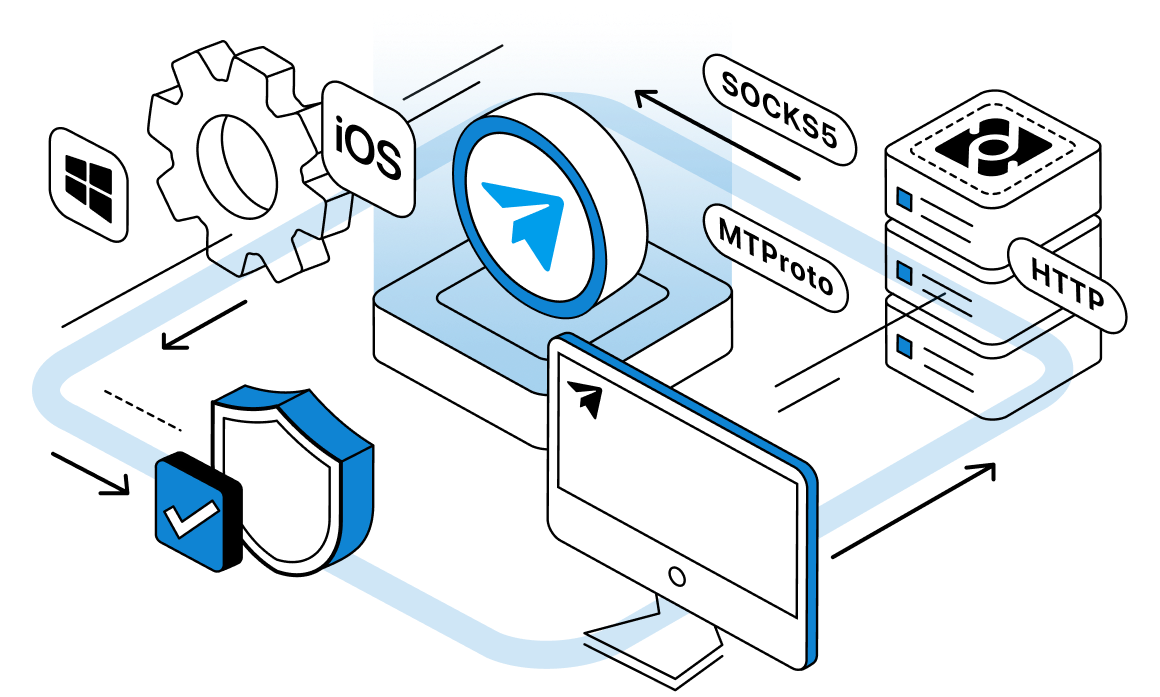
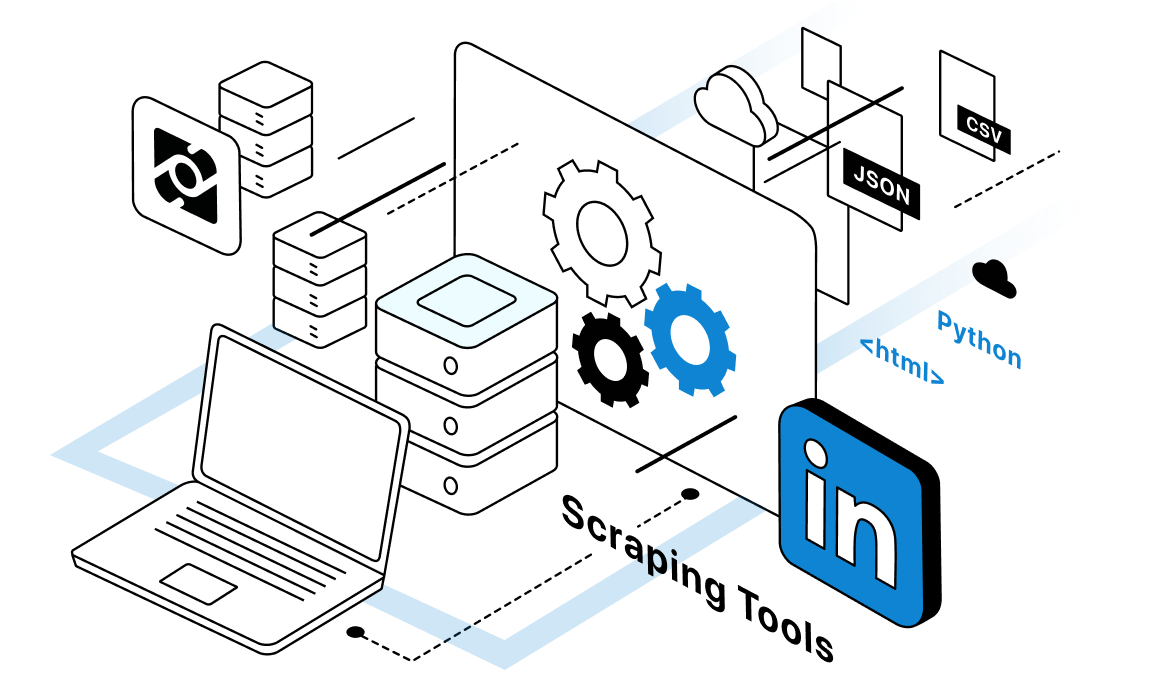
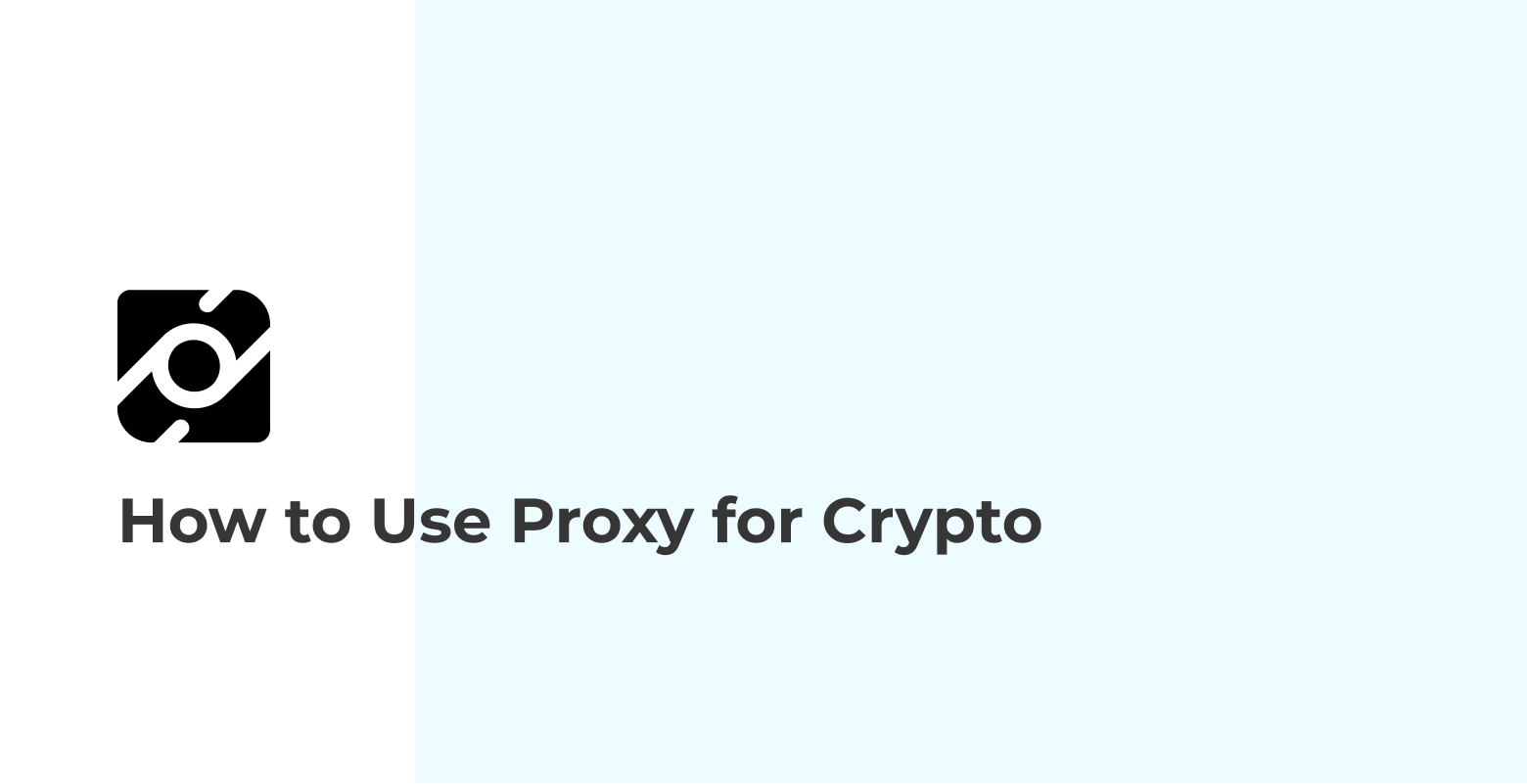
API is constantly growing in popularity as a tool for lots of different tasks. You can easily get access to advanced tools that help you with even the most specific jobs, and you do not need significant coding skills to implement such a solution. Let's look at the selection of the best scraping APIs for the web scraping tasks and learn more about how to use them more effectively.